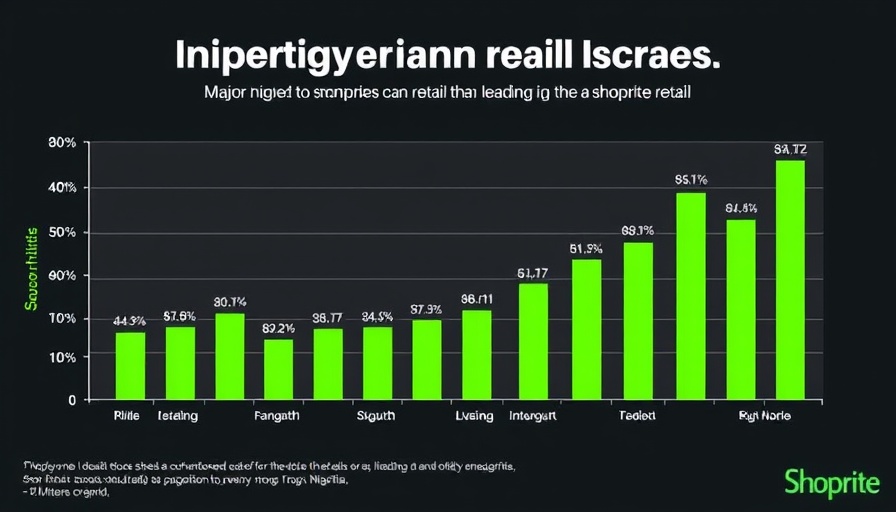
Marketsquare: A New Era in Nigerian Retail
Shoprite once dominated the grocery market in Nigeria, setting high standards with its expansive malls and modern shopping experience. However, recent challenges, including foreign exchange pressures and decreased consumer purchasing power, have forced the chain to retreat, leaving behind an unmistakable gap in the retail landscape. With Shoprite's departure, a new player has emerged to embrace this void: Marketsquare.
Building Reliability Through Local Insight
Marketsquare has quickly become a household name, expanding its reach across 12 states within a few short years. Unlike its predecessor, Marketsquare opts for a model that integrates directly into communities, favoring visibility and accessibility. Each store not only prioritizes a reliable shopping experience but also offers a diverse range of grocery items, from fresh produce to frozen goods, all within ample retail space.
Redefining Modern Retail in Nigeria
By focusing on local needs and utilizing local sourcing, Marketsquare is carving out a niche that reflects unique consumer insights. The stores embody both local flavors and a consistent shopping experience necessary for urban dwellers. This innovative approach signals a shift in the Nigerian retail sector—moving from aspirational shopping environments to practical, reliable ones.
Trends in African Retail: Lessons from the Oil Sector?
The shift from multinational retailers to indigenous players mirrors what has happened in Nigeria’s oil sector. Just like the local firms took over after the exit of international oil companies, Marketsquare showcases how local entrepreneurs can effectively fill the retail gap and tailor their offerings to meet community needs.
What This Means for Investors and Entrepreneurs
The success of Marketsquare serves as a vital lesson for tech entrepreneurs and investors eyeing the African market. Capitalizing on local intelligence, enhancing customer experience, and navigating regional dynamics can yield promising opportunities. As the digital transformation in Africa unfolds, particularly in sectors like fintech and AI, businesses must learn to leverage local nuances while fostering innovation for sustainable growth.
The Future of African Retail
As Marketsquare continues its rapid expansion, it highlights a broader trend of resilience and innovation in African retail. With Nigeria leading the way, understanding how local operations can thrive amidst challenging conditions presents a promising avenue for sustainable business solutions in the region.
As an entrepreneur or investor, now is the time to explore these emerging trends within African retail and tech, and find your place in this evolving landscape!
 Add Row
Add Row  Add
Add 


Write A Comment